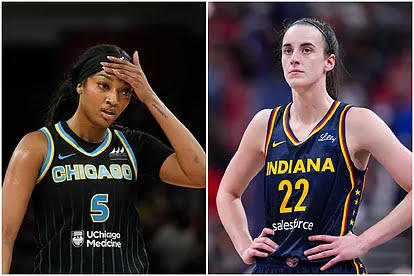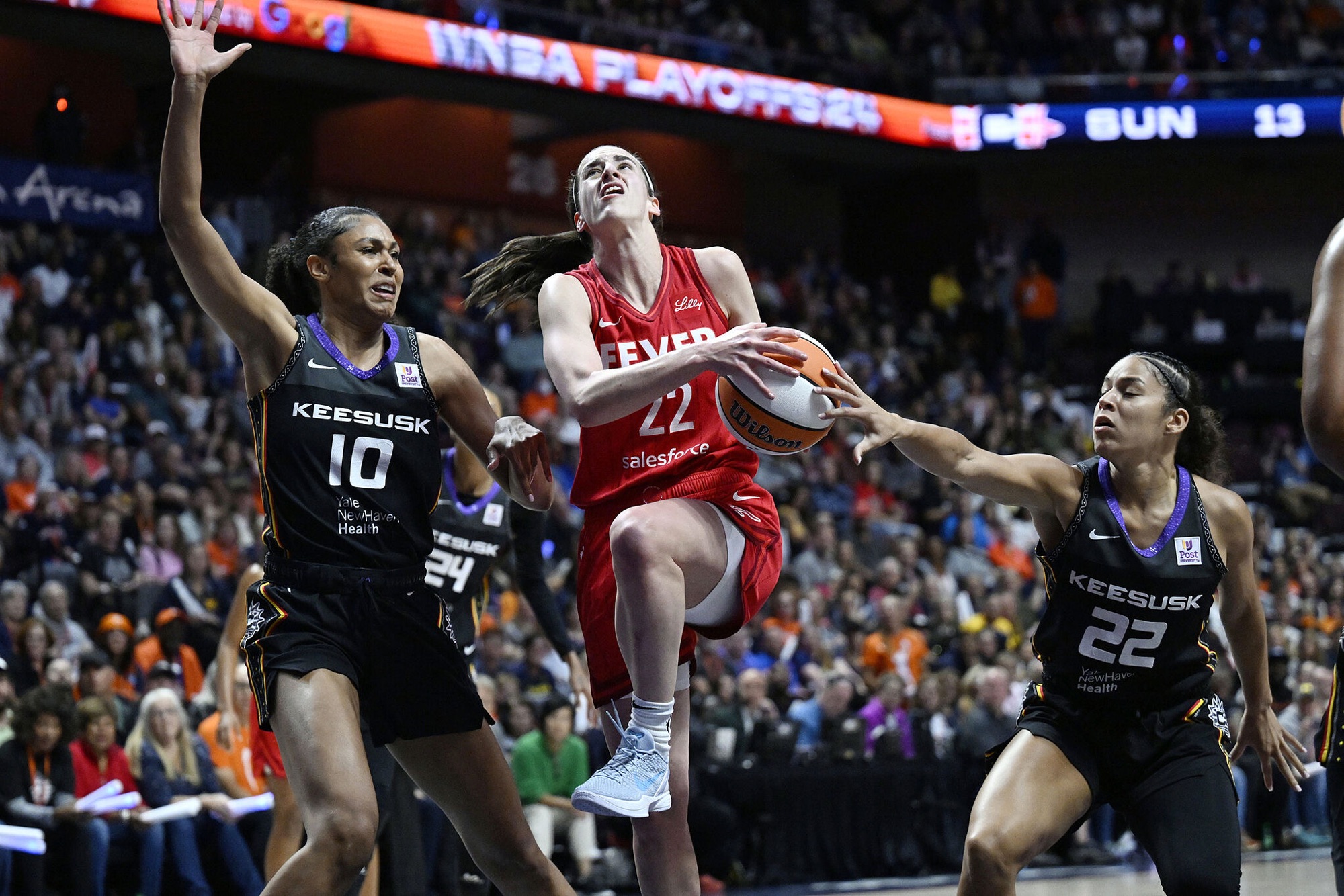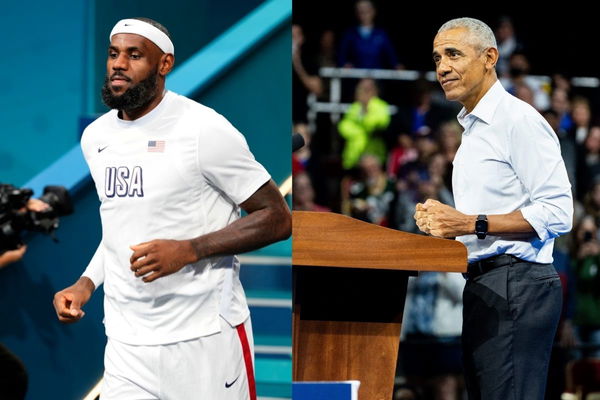The arrival of Caitlin Clark and Angel Reese was expected to transform the WNBA. Their star power led to increased fan engagement, with sell-out crowds, higher merchandise sales, and a 170% jump in ESPN viewership. Over 100 more games were sold out compared to last season, showing the clear impact of these two superstars. However, despite this surge in popularity, the WNBA is projected to lose $40 million in the 2024 season, according to *The New York Post*.
Originally, the league anticipated a $52 million loss, but the presence of Clark and Reese helped reduce that figure by $12 million. Still, the financial issues run deep. The WNBA’s growing visibility has not yet translated into profitability. Even with boosted attendance and viewership, the league’s operational costs remain high, and the revenue generated is not enough to cover them.
A key reason for these ongoing losses is the WNBA’s reliance on the NBA’s financial support. One executive noted that the league owes so much to the NBA that it could be years before any real financial gains are seen. While the WNBA is hoping to eventually gain independence, the current financial structure is not sustainable, despite the increase in attention brought by Clark and Reese.
Adding to the league’s current struggles, Clark’s Indiana Fever has already been eliminated from the playoffs, and Reese’s Chicago Sky is grappling with her injury. These setbacks not only affect the teams’ immediate futures but also the league’s ability to maintain the high level of fan interest these stars generated.
The WNBA is hoping that more players like Clark and Reese will help it eventually break free from NBA support. A $2.2 billion media rights deal set for 2026 could also provide the league with much-needed financial stability. However, until then, the WNBA continues to face significant financial challenges.
While the presence of Clark and Reese has undeniably improved the league’s visibility and engagement, the WNBA’s financial struggles persist. The path to profitability remains uncertain, but the league is banking on its rising stars and future opportunities to drive growth and secure its financial future.
Angel Reese and Caitlin Clark cause the WNBA to lose $40 million




